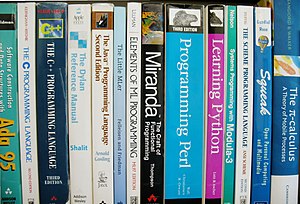Q: Why should I learn the combination of Python/Django rather than PHP, JS/Node? I am a web designer moving to web development. What is the scope of Python/Django?
Python/Django is like learning Ruby/Ruby on Rails. The equivalent in the PHP world would be PHP/Drupal or PHP/Laravel. Equivalents in NodeJS is not Node/JS but NodeJS/Meteor or NodeJS/Sails. In all those examples above the first part would be the underlying web language, and the second would be a MVC framework on top of the language.
(There exist web frameworks that do not provide MVC but just the web server and HTTP request-response plumbing. This isn’t common in PHP since it is embedded in a web server such as Apache or nginx, but in Python it would be flask and in NodeJS it would be Express or Koa— these are sometimes referred to as “microframeworks.”)
However, unlike on the front-end with things like Vue.js, React/Redux and AngularJS, full-service MVC web frameworks have increasingly less utility on the back-end. This is because most the the advantage a framework provides is to do heavy-lifting of tedious but repeatable tasks that require a lot of code (very common when building a user interface) the bulk of which has been moved onto the client in web development. What value is a MVC’s templating system and router when both have moved into javascript on the client-side and all interactions are through an API? This becomes more extreme with standardization of the data interface (a la GraphQL) and the prevalence of more service-oriented architecture popularized by microservices or serverless FaaS architectures.
MVC web-frameworks still provide things such as a configuration management, a data object model and abstraction, but even those can get in the way as a website becomes more mature and this pre-fab approach becomes a hinderance to future scalability and optimization.
Also, when not building to scale or building proof-of-concept, a full MVC architecture will help you starting out on server-side web development because it does all the heavy lifting for you. So it might be good to start out with one, though YMMV (your mileage my vary).
Continue reading about the state of web frameworks after the jump



